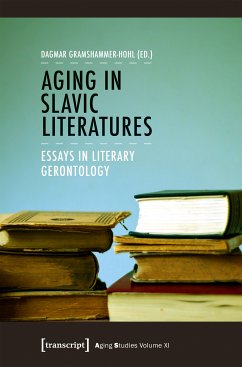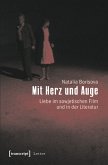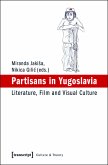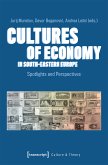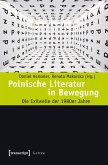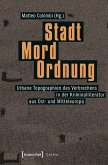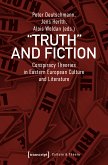In Slavic studies, aging and old age have thus far been only marginal concerns. This volume brings together the scattered research that has been done up to now on aging as represented and narrated in Slavic literatures. The essays investigate Bosnian/Croatian/Serbian, Polish, Russian, Slovak, Slovene and Ukrainian representations of age/aging in various literary genres and epochs and analyze age as a powerful marker of difference and as constitutive of social relations and personal identity.

